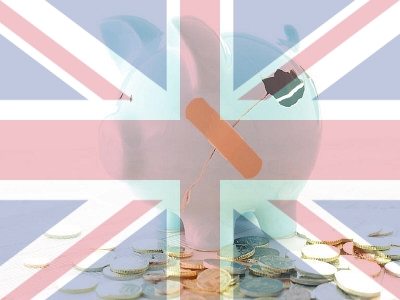Covid-19 Grants Should Be In Tax Returns
Published / Last Updated on 12/01/2021

According to research by GoSimpleTax, 46% of sole traders admit they didn’t think they would need to include Covid-19 related grants in any tax returns.
Small Business Grant Fund (SBGF) and Self-employment Income Support Scheme (SEISS) which offered emergency financial support to both companies and self-employed workers are subject to Corporation Tax or Income Tax and Self-Employed National Insurance.
According to research the most common mistakes are people assuming they didn’t have to declare something, not making a profit, ticking the wrong boxes, and putting the wrong information on their tax return.
Self-assessment tax return fines have reached tens of millions of pounds in recent years.
Currently HMRC allows you to submit your tax return and then make a resubmission before the next filing deadline of the year after.
So, if you are submitting your return on 31st January 2021 have until 31st January 2022 to amend anything.
After this period, you will need to write to HMRC to explain the circumstances and request a change. If it important to know that if HRMC deems your submission to be careless or deliberately incorrect, penalties are based on the amount of tax you owe and are payable in addition to your tax bill.
The self-assessment deadline is just weeks away and HMRC has said it would waiver late payment fines only in special circumstances, and worth noting the Covid-19 grant system in your finances for next year.
Comment
It is paramount that you understand or seek advice on your tax liabilities and any implications that come with emergency grants and other help.